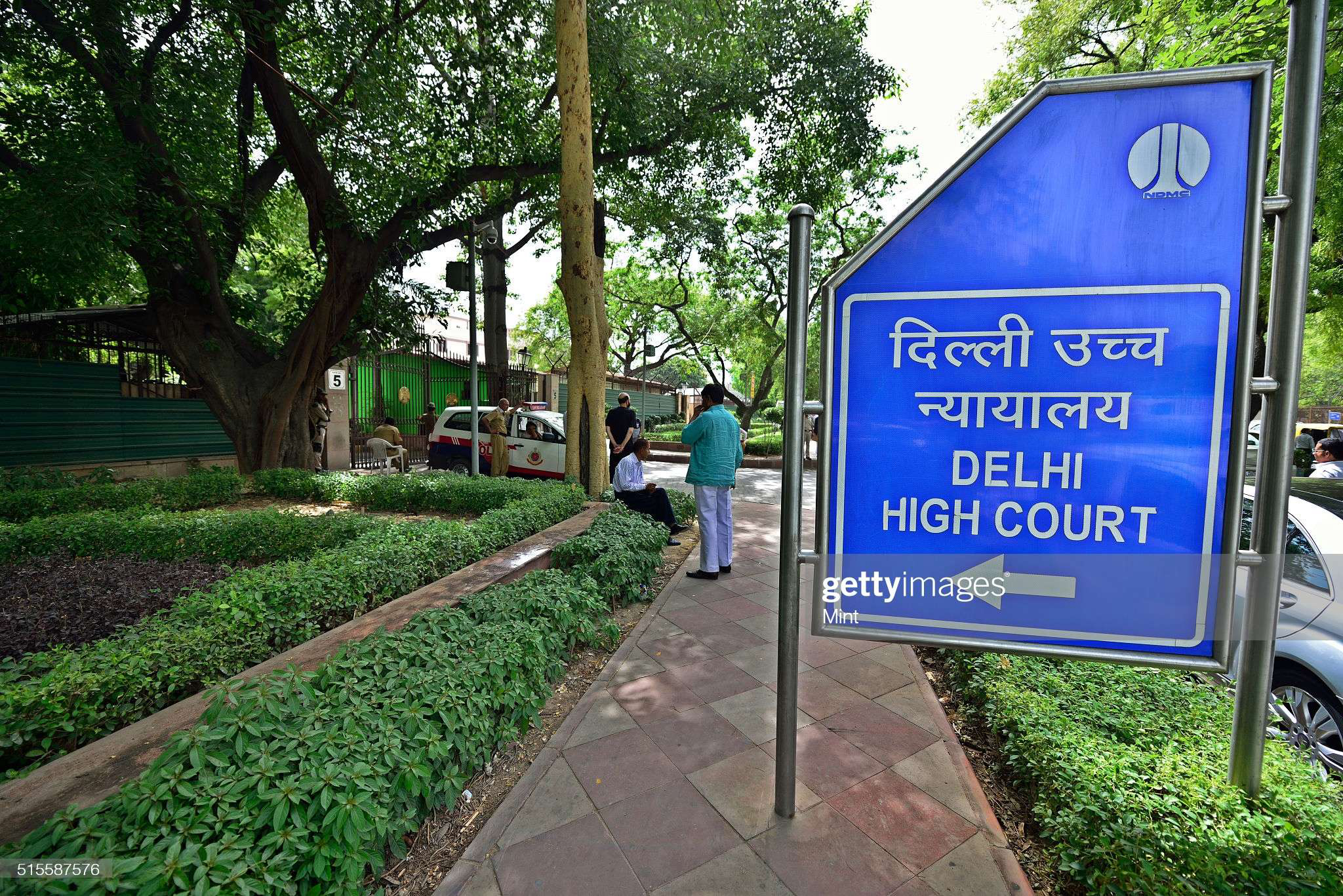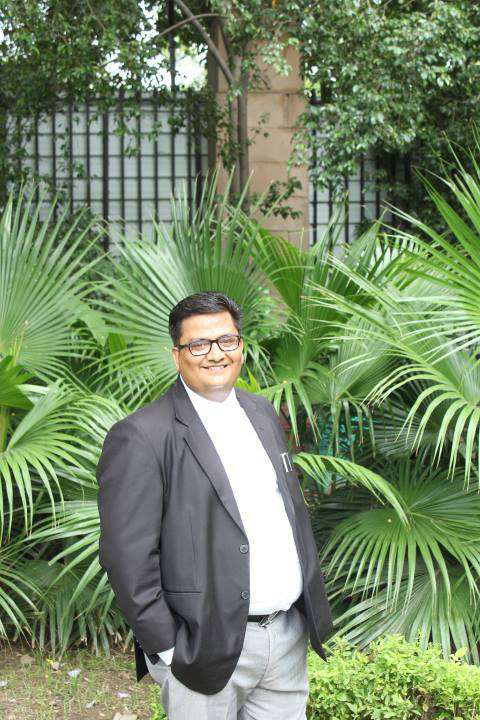
In India, the idea of paternity leave is quite modern and numerous men don't even embrace it. However, sometimes circumstances can be unusual. Be it a transfer of a job, or an extension of paternity leave, things can get entangled in our country due to no adequate regulations about it. In case of any authorized defence forces of India, things can create distinct troubles when it comes to fresh parenthood.
Recently, a man from Delhi requested retention for 1 year or six months due to his wife's treatment as she was pregnant through IVF process and under the treatment of it. The petitioner of this case is a constable in General Duty at the Central Reserve Police Force (CRPF). The petitioner initially filed a representation before the higher authorities of CRPF for extension of transfer from Delhi to Chattisgarh but the same was denied.
The petitioner claims that his transfer order dated on 3 February 2020 was not conveyed to him and he got to know of his transfer only from the Movement Order dated on 26 November 2020. A Movement Order is an instruction to transfer from one location to another. He was initially posted to Delhi in March 2016. Regardless, he wished for an extension of his stay in Delhi. The purpose behind the petitioner preferred to stay for an extended period in Delhi was his wife's pregnancy.
The petitioner was married on 12 May 2009, but he and his wife could not conceive a child for a prolonged duration. When the petitioner was settled in Delhi, he got himself and his wife examined medically and was instructed for an In Vitro Fertilization (IVF). The IVF procedure got successful, and presently the wife of the petitioner is six months pregnant.
This will be the couple's first child after so many years, and due to the fragile nature of the pregnancy, the petitioner's wife is unable to move outside Delhi and has to regularly visit the IVF procedure clinic to monitor the baby. This is the reason that the petitioner was called for approval to proceed with the stay in Delhi for 1 year, to look after his wife.
However, the respondents CRPF and Sh. Anil Thakur, Assistant Commandant claimed that the pregnancy of the wife is not a ground for terminating or postponing the transfer of the petitioner. They similarly stated that the petitioner, even after being relieved from Delhi on 26th November 2020 and retaining stood granted 20 days to join at Chhattisgarh, did not join at Chhattisgarh and has not been executing his duty, neither at Delhi nor Chhattisgarh.
According to the High Court, the petitioner and his wife, despite 11 years of marriage, had no child till now and considering the nature of the pregnancy of petitioner's wife, the pregnancy cannot be treated as an ordinary occurrence, which is informed to be not a subject for altering with the transfer.
The court similarly explained that the respondents CRPF should consider the suitability of the case, and even if unable to revise the petitioner in Delhi for 1 year as wanted, should consider including the petitioner in Delhi for about six months at least. According to the High Court, for the additional standpoint of the appeal of the respondents CRPF about the petitioner not performing his duty anywhere, the merit is found but not to the extent of dismissing the petitioner's appeal.

Adv. K.K. Sharma, for the Petitioner claimed that, besides the movement duration of 20 days, the petitioner had expanded leave of 20 days, for which an application letter was composed to the Unit of Chattisgarh, where the petitioner was proposed to join and though a copy of the application is not filed, but will be filed to the respondents CRPF. However, even if the petitioner is at fault in the issue, an applicable penalty can be imposed on him, said the High Court.
The court requested the Assistant Commandant of CRPF to accept the request of the petitioner. And on 7 January 2021, the concerned higher authorities of CRPF accepted the request made by the Petitioner and accordingly held off the transfer for 1 year on medical grounds before the next date of hearing in the court before the Hon’ble Delhi High Court. While withholding the transfer of the Petitioner, the Authorities similarly informed the Petitioner that his request of not being transferred to a new place till the completion of his retention period of 1 year has been accepted and the same factum was brought in the knowledge of the Hon’ble High Court of Delhi by the Authorities.
Hence, the man got the time of 1 year with his pregnant wife so that he can take care of her and their baby. Exceptional cases like this, convey both the troublesome factors and the precise decision making procedure of the judicial system of India.
